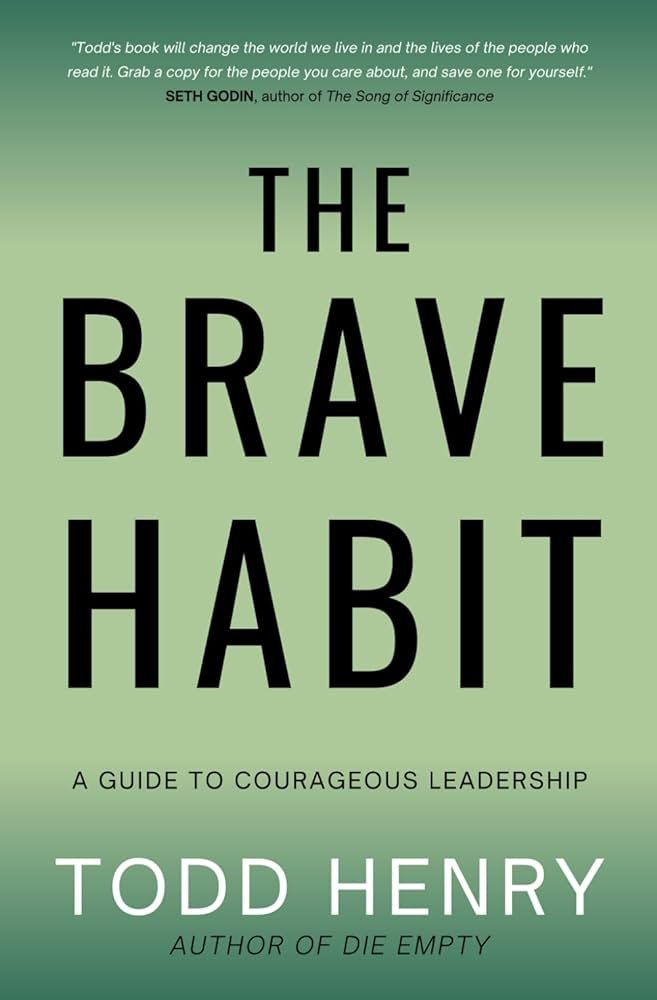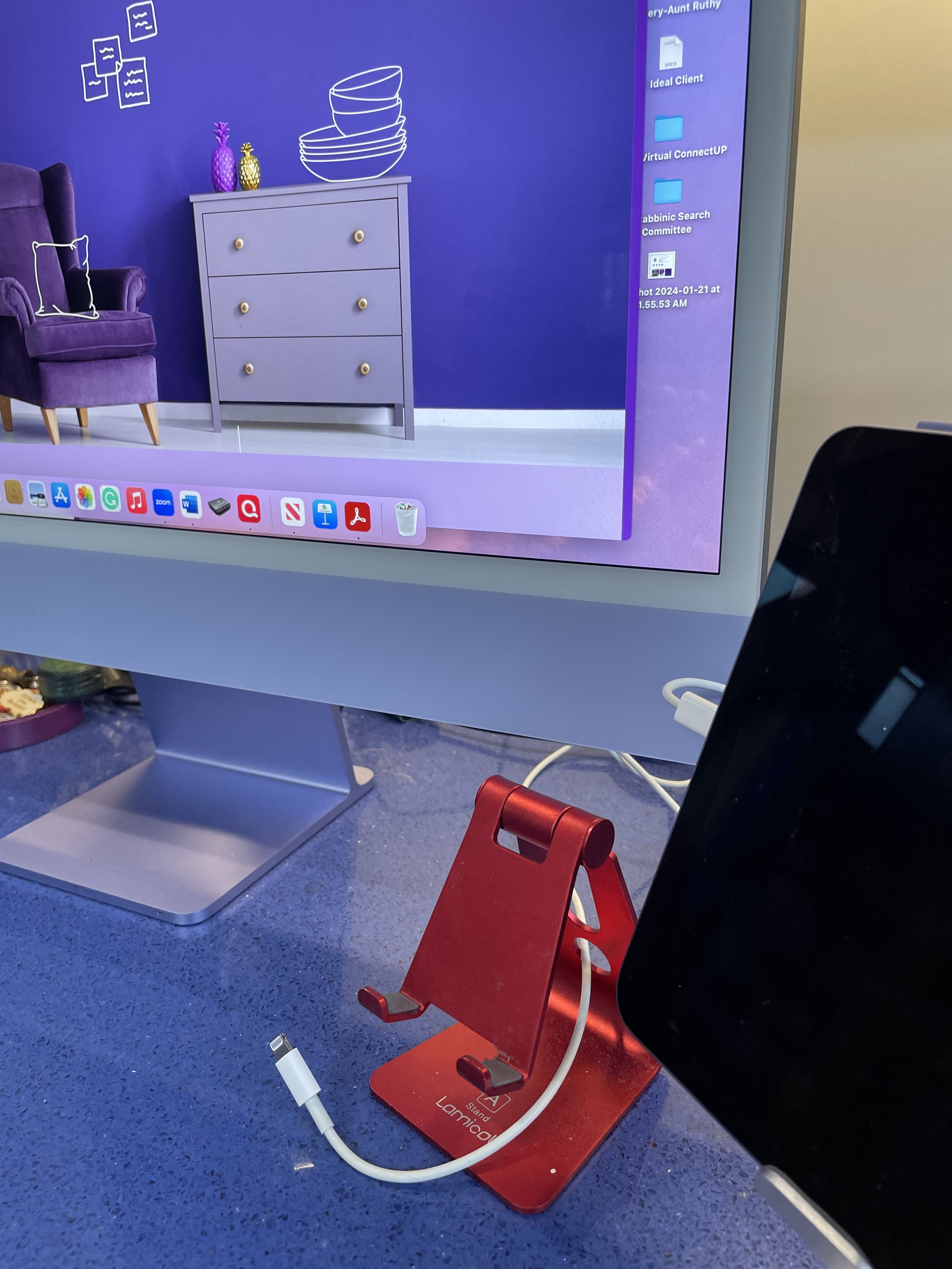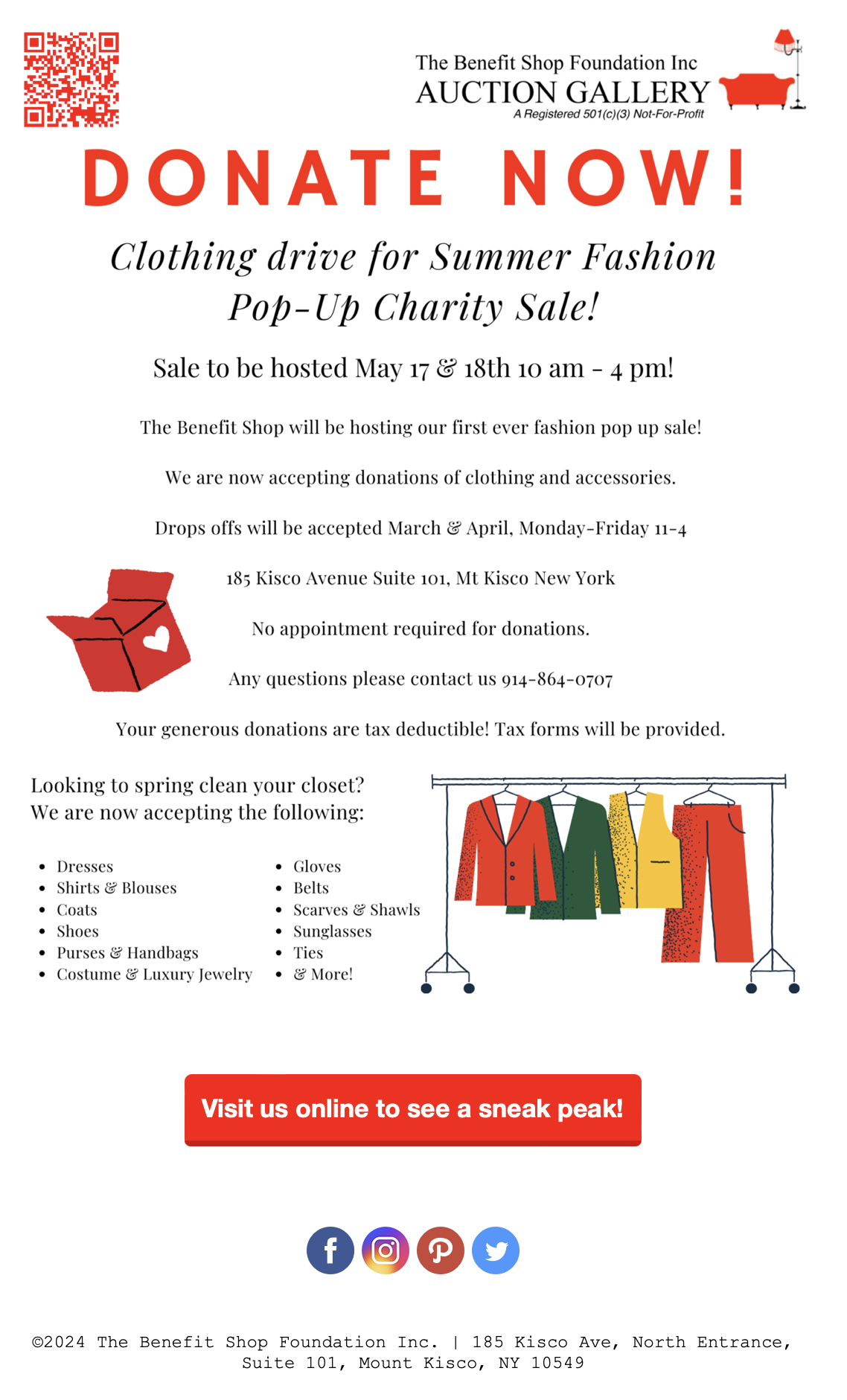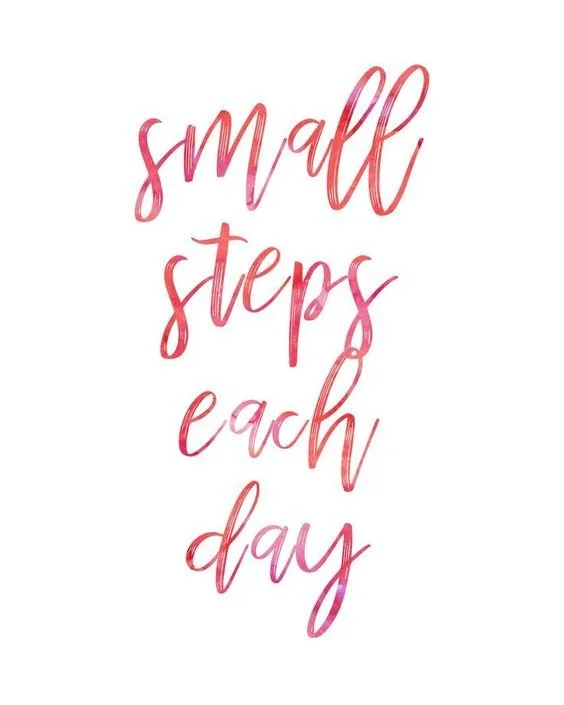When it comes to doing hard things, it’s helpful to have strategies that encourage you when you’re stuck. What happens when you don’t have tools to rely on? You can become overwhelmed, depressed, anxious, paralyzed, or give up altogether. Letting go can be challenging. However, with this one easy strategy, you can become an expert at releasing those things that no longer belong. Let me share some context before I explain the strategy.
I notice things that don't belong when walking around or traveling. They catch my eye. For example, I walked along the river the other day and saw a single blue glove on the ground. Maybe it dropped out of a coat pocket. It was out of place by itself on the ground. Another time, I visited a lovely garden. An empty plastic soda bottle protruded from this beautiful ancient stone lion’s mouth. You guessed it! The bottle was in the wrong place and should have been in the recycling bin instead.
Did you see the photo of neatly stacked sweaters? Can you tell they are in the microwave? These examples cue you to notice when things are out of place, which is the first part of the letting go strategy I will share with you.
Easy Letting Go Strategy
One of the simplest ways to let go is to notice the things that don’t belong. You can do this in any room, space, container, or area. When you identify what is in the wrong place, you can change the dynamic by letting go. There are three steps:
1. Awareness – Notice what is out of place. It could be:
Something that accidentally was put in the wrong spot by you or someone in your household
Something that was placed without thinking about if it belonged there
Something that ‘temporarily’ was put in the wrong spot as a holding area and then remained there indefinitely
Something that was randomly put into a cabinet, on a shelf, or in a closet to give the illusion of being clutter-free
2. Ask– Now that you see ‘it,’ you can’t unsee it. That’s a good thing. It’s decision-making time. These questions will help you figure out what to do next. Ask:
Does this thing belong elsewhere?
Does it belong elsewhere, but I don’t know where it should ‘live?’
Do I want this anymore?
Can I let it go?
“One of the simplest ways to let go is to notice the things that don’t belong.”
3. Act – You asked the questions, and now it’s time to take action.
If it belongs elsewhere, route it to its home.
If it belongs elsewhere, but you are still determining where it should go, remove it from its current spot and choose the best location to store it.
If you no longer want it and are ready to let it go, donate, giveaway, sell, recycle, or trash it.
I hope you don’t have sweaters in your microwave or plastic bottles stored in a sculpture, but you most likely have things sitting in unhelpful spots. Quickly become a pro at letting go by noticing what’s out of place, deciding about it, and removing it from the current location.
What eases your letting go process? How can this letting go strategy work for you? I’d love to hear your thoughts and invite you to join the conversation.
If you need help letting go, I’m here to help. Please email me at linda@ohsorganized.com, call 914-271-5673, or schedule a Discovery Call. Letting go is possible, especially with support.















